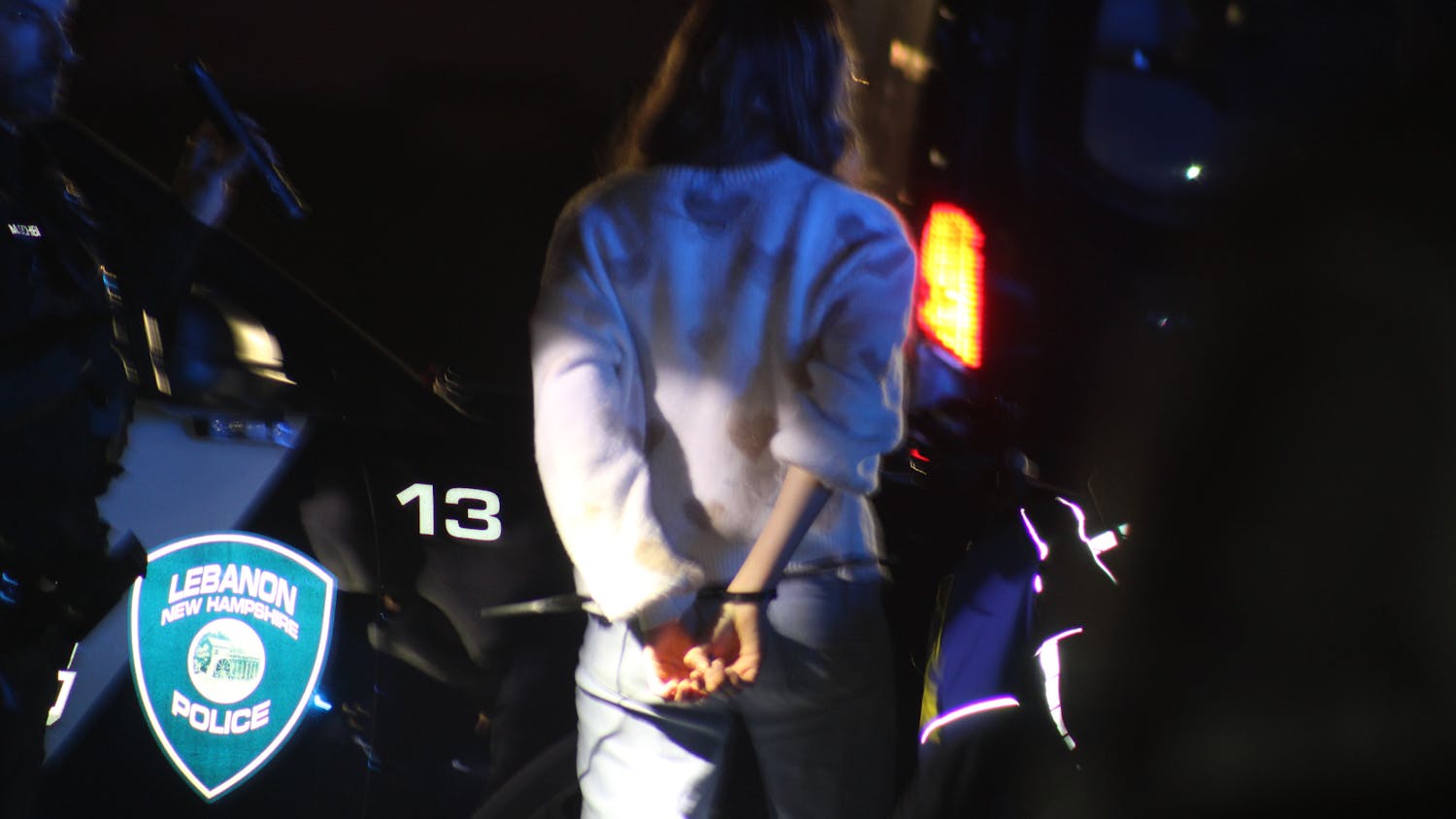WISE @ Dartmouth will begin its first support group — a weekly, student-run group for self-identifying women who have experienced emotional, physical or sexual abuse or stalking — next week, Caeli Cavanagh ’14, a co-chair of WISE @ Dartmouth, said. The organization hopes that the support group will provide a place where students can be secure in their knowledge that they are not alone and that they support each other, advocates and survivors alike, she said.
Students interested in joining the group have been asked to contact WISE @ Dartmouth, a Tucker Foundation organization of students who volunteer at WISE of the Upper Valley. The support group’s meeting time and location will remain confidential for student safety, and once the support group begins, members will have an agreement of confidentiality.
“We just want people to have a place where they can talk about what happened to them if they want to,” Cavanagh said. “Because unfortunately, a lot of times when people experience violence, whether it’s stalking or gang violence or sexual assault, they can feel very isolated.”
WISE runs an empowerment model in its advocacy, Cavanagh said, meaning that the organization believes that given all of the information and tools they need, survivors can make their own decisions on how they wish to act and move forward, as an expert on their own lives. While the group will help students share resources and share information within a group setting, she said, the support group will be driven by those who attend, allowing them to choose whether they would like to talk or ask for information.
“However the survivors in our group want to be supported, that’s what we’ll do,” Cavanagh said.
WISE @ Dartmouth advocates — students who have undergone 30 hours of training at WISE and work answering WISE’s hotline or at its training center — will facilitate the support groups.
WISE assistant director Abby Tassel, who has advised WISE @ Dartmouth on how to run the group, has also provided training on support group facilitation to advocates.
Student-led support groups, Tassel said, can be particularly helpful so that there is not a “top-down feeling” that students might get with experts or professionals.
WISE @ Dartmouth will also consider forming support groups for students that do not self-identify as women if there is interest, Cavanagh said.
The organization is currently offering the group for only self-identifying women because statistics indicate that there are more survivors of sexual, emotional and physical abuse or stalking that identify as women, she said, and because it is hoped that keeping the group to self-identifying women only will help make those students feel more comfortable.
It is easier to create a safe space when an entire group consists of people who identify with one specific gender group, Tassel said. She added that this does not indicate only one gender suffers from violence.
Tori Nevel ’16, a WISE @ Dartmouth member and chair of the Student and Presidential Committee on Sexual Assault, originally proposed the idea for the support group. Nevel noted that the group will fulfill one of SPCSA’s recommendations directly and will contribute to another by strengthening ties between the College and WISE.
“I just thought, first of all, no one should ever have to go through something like this alone and second, how powerful of a group something like this could potentially be,” Nevel said.
The College operates support groups through its Counseling and Human Development department. In the past, these groups have included support groups for general counseling, for survivors of sexual violence and for depression management, according to the department’s website.
Cavanagh said that she does not believe most Dartmouth students know about any other support groups available on campus.
“Dartmouth is a community, and that’s something we really strive to be,” Cavanagh said. “Just like every other college, we have people that are assaulted on our campus. And I think it’s our responsibility as a community to support them.”



